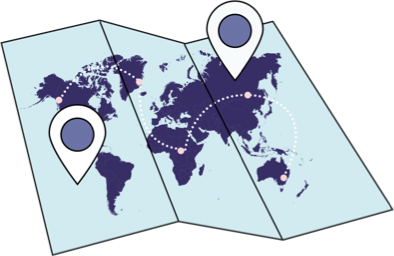Is it right to conserve gorillas at the expense of people?
Conservation that works for everybody
The work to save mountain gorillas over recent decades has led to a dramatic turnaround in their fortunes and is something that we are immensely proud of here in Rwanda. But while the gorilla population is stronger than ever before and the tourism industry brings a welcome source of revenue to the country, not everyone has benefited from our success.
In order to make way for the new national parks, the Batwa people were evicted from the forest without compensation and have been excluded from the rapid progress made elsewhere. These communities were not consulted or involved in conservation programmes and we didn’t pay enough attention to the cultural and economic aspects of gorilla conservation.
Not only was this an injustice, it was a huge missed opportunity. The Batwa have an ancient connection to the forest, and we can use their culture and heritage to drive a fair and sustainable approach to conservation.
I began my career in conservation more than 13 years ago. One of the things I’ve learned is that conservation is not just for skilled academics, politicians and campaigners. Working in Volcanoes National Park, I noticed that for every highly qualified expert were several ‘unqualified’ assistants -- people without any formal education or training but who were essential to provide local knowledge and ensure success. I realised that everyone, regardless of education or background, is a born conservator.
After many years working with the Dian Fossey Gorilla Fund (now known as The Gorilla Organisation) I helped establish Partners For Conservation. We’re a local, non-governmental organisation dedicated to protecting biodiversity through fair and inclusive conservation activities.
Partners For Conservation believes in the innate ability of local people to be full partners in biodiversity protection, and that sustainable conservation is best achieved when local communities are represented in the decision-making process.
We create opportunities for less privileged partners to actively participate in designing and implementing local conservation programmes, driving a sense of responsibility and ownership for people who were previously excluded.
We support the creation of community-based organisations to help strengthen the voice and representation of local people. We also provide education and capacity-building to help people represent their interests and communities.
We aim to give everyone, from farmers to businessmen, an opportunity to enjoy and participate in the protection of our biodiversity. The challenges ahead are huge and cannot be achieved without active participation of all stakeholders. We will continue to work with Rwandan citizens, public institutions and civil society partners to build a brighter future for all who share our natural heritage.




